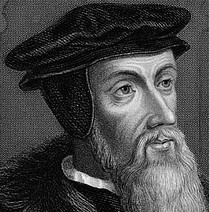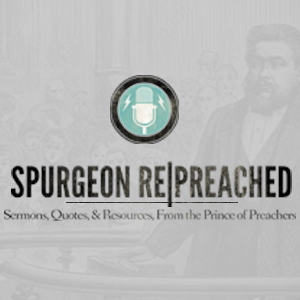
1616 -1683. Preeminent English Puritan theologian, pastor, and independent.
But neither yet are we left in this matter merely under the authority of God’s command, with an expectation of our compliance with it from our own ability and power; God, moreover, has promised to sanctify us, or to work this holiness in us, the consideration whereof will give us yet a nearer prospect into its nature. He that requires it of us knows that we have it not of ourselves. When we were in our best condition by nature, in the state of original holiness, vested with the image of God, we preserved it not; and is it likely that now, in the state of lapsed and depraved nature, it is in our own power to restore ourselves, to re-introduce the image of God into our souls, and that in a far more eminent manner than it was at first created by God? What needed all that contrivance of infinite wisdom and grace for the reparation of our nature by Jesus Christ, if holiness, wherein it does consist, be in our own power, and educed out of the natural faculties of our souls? There can no more fond imagination befall the minds of men than that defiled nature is able to cleanse itself, or depraved nature to rectify itself, or that we, who have lost that image of God which he created in us and with us, should create it again in ourselves by our own endeavours. Wherefore, when God commands and requires us to be holy, he commands us to be that which by nature and of ourselves we are not; and not only so, but that which we have not of ourselves a power to attain unto. Whatever, therefore, is absolutely in our own power is not of that holiness which God requires of us; for what we can do ourselves, there is neither necessity nor reason why God should promise to work in us by his grace. And to say that what God so promises to work, he will not work or effect indeed, but only persuade and prevail with us to do it, is, through the pride of unbelief, to defy the truth and grace of God, and with the spoils of them to adorn our own righteousness and power. Now, God has multiplied his promises to this purpose, so that we shall need to call over only some of them in way of instance: Jer. 31:33, “I will put my law in their inward parts, and write it in their hearts; and will be their God, and they shall be my people.” Chap. 32:39, 40, “I will give them One heart, and one way, that they may fear me for ever; and I will put my fear in their hearts, that they shall not depart from me.” Ezek. 36:26, 27, “A new heart will I give you, and a new spirit will I put within you: and I will take away the stony heart out of your flesh, and I will give you an heart of flesh. And I will put my Spirit within you, and cause you to walk in my statutes, and ye shall keep my judgments, and do them.” Verse 25, “I will sprinkle clean water upon you, and ye shall be clean; from all your filthiness will I cleanse you.” Verse 29, “I will also save you from all your uncleannesses.” The whole of our sanctification and holiness is comprised in these promises. To be cleansed from the defilements of sin, whatever they be, to have a heart inclined, disposed, enabled, to fear the Lord always, and to walk in all his ways and statutes accordingly, with an internal habitual conformity of the whole soul unto the law of God, is to be sanctified or to be holy. And all this God promises directly to work in us and to accomplish himself.
~John Owen~
The Works of John Owen, ed. William H. Goold, vol. 3: Pneumatologia: A Discourse Concerning the Holy Spirit (Edinburgh: T&T Clark, n.d.), 382–383.
Books by John Owen
Kindle Books
The Works of John Owen on Logos Bible Software
Biography of John Owen
Other Owen Quotes
Tags: John Owen, The Holy Spirit









